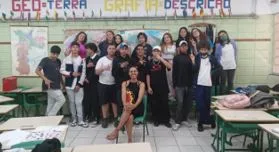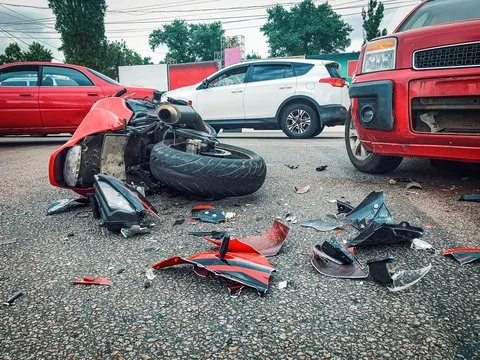Transforming Public Education: How Nereide Cavalcante is Redefining Geography Teaching Through Digital Innovation
In an era where societies are confronted with complex global challenges—climate change, urban inequality, forced migration—the classroom remains one of the most critical spaces for preparing the next generation of citizens. For Brazilian researcher and professor Nereide Rocha Freitas Cavalcante, education is more than instruction: it is a tool for empowerment, civic engagement, and social justice.
With academic expertise in Geography and Pedagogy, Cavalcante has built her career on the conviction that critical thinking must be at the heart of public education. Her pioneering research, published in international journals, demonstrates how the adoption of digital technologies—from Geographic Information Systems (GIS) to immersive mapping applications—can revolutionize the way students understand and act upon the world around them.
Her projects in public schools across Brazil have shown that digital geography is not only about maps. When high school students use GIS to map sanitation conditions, public transport accessibility, or deforestation risks, they are not simply learning technical skills—they are uncovering the power dynamics shaping their daily lives. These projects allow marginalized students to challenge official narratives, propose solutions, and even engage with local policymakers.
Cavalcante situates her work in the tradition of critical pedagogy championed by Paulo Freire, where education is understood as a practice of freedom. By teaching students to question not just what is where but why it is there, she cultivates higher-order reasoning skills essential for democratic participation.
Her influence goes beyond Brazil. Drawing on global case studies, she connects the dots between digital divide, climate resilience, and educational equity. In her vision, schools should be laboratories where students learn to analyze flooding scenarios using NASA’s Climate Time Machine or visualize migration patterns through interactive storytelling. These practices equip learners to navigate complexity and engage in informed debates on pressing global issues.
Yet Cavalcante is cautious about uncritical enthusiasm for technology. She warns of the risk of technological determinism, where the tool overshadows the pedagogy. “Technology by itself does not transform education,” she emphasizes. “Its power lies in how we use it to provoke reflection, dialogue, and social responsibility.”
Looking ahead, Cavalcante advocates for three priorities in educational reform: equity in access, investment in teacher training, and the promotion of critical digital literacy. Only then, she argues, can digital innovation become a driver of inclusion rather than inequality.
Through her scholarship and practical initiatives, Nereide Cavalcante is proving that digital education, when guided by critical thinking, can turn public schools into engines of democracy and social transformation.






